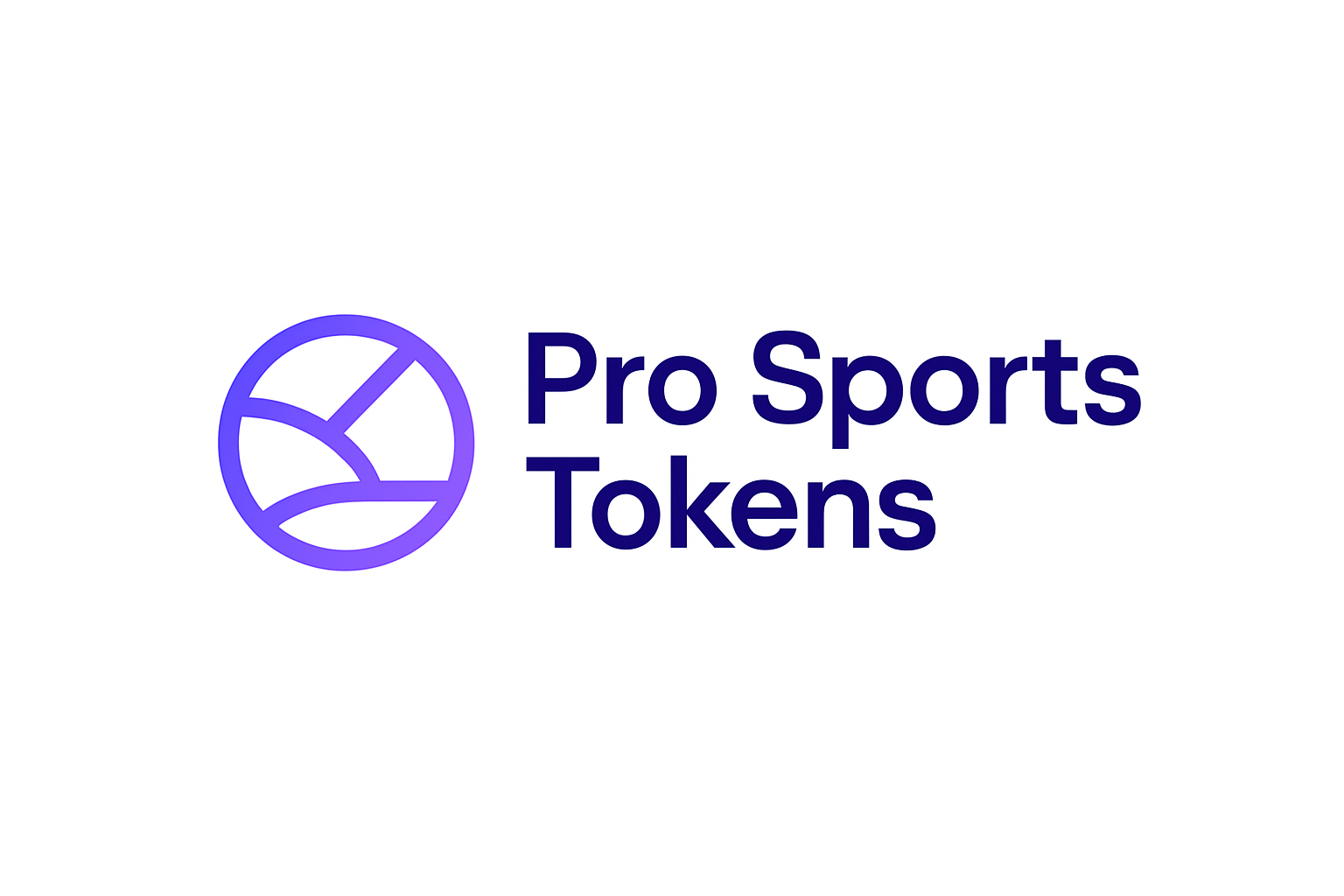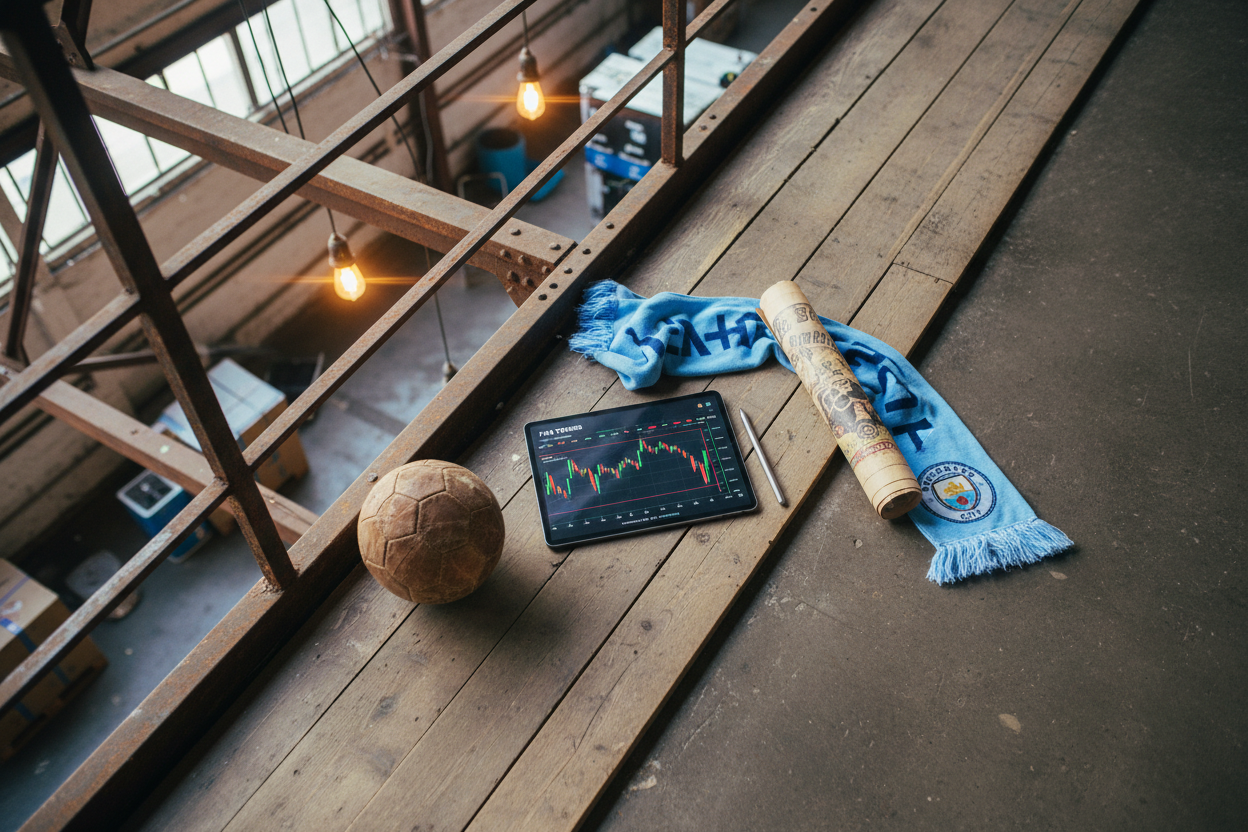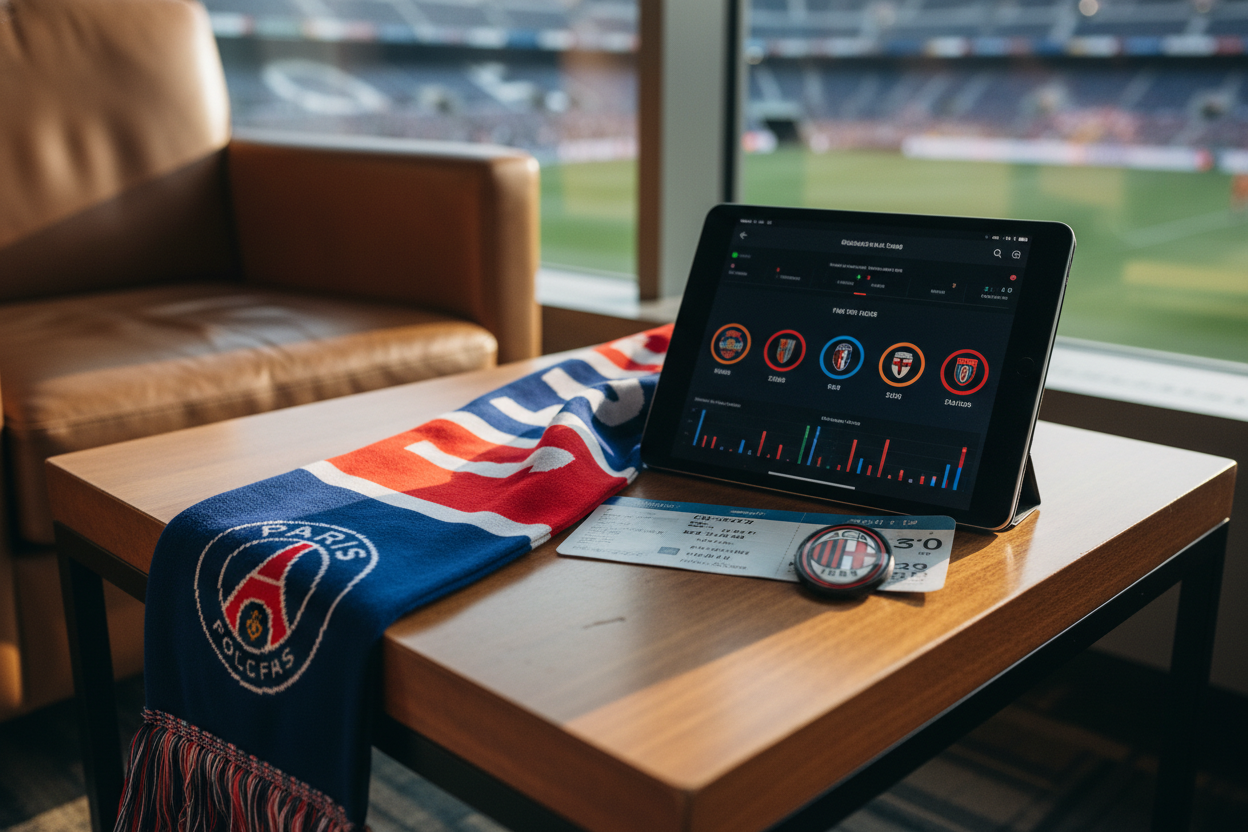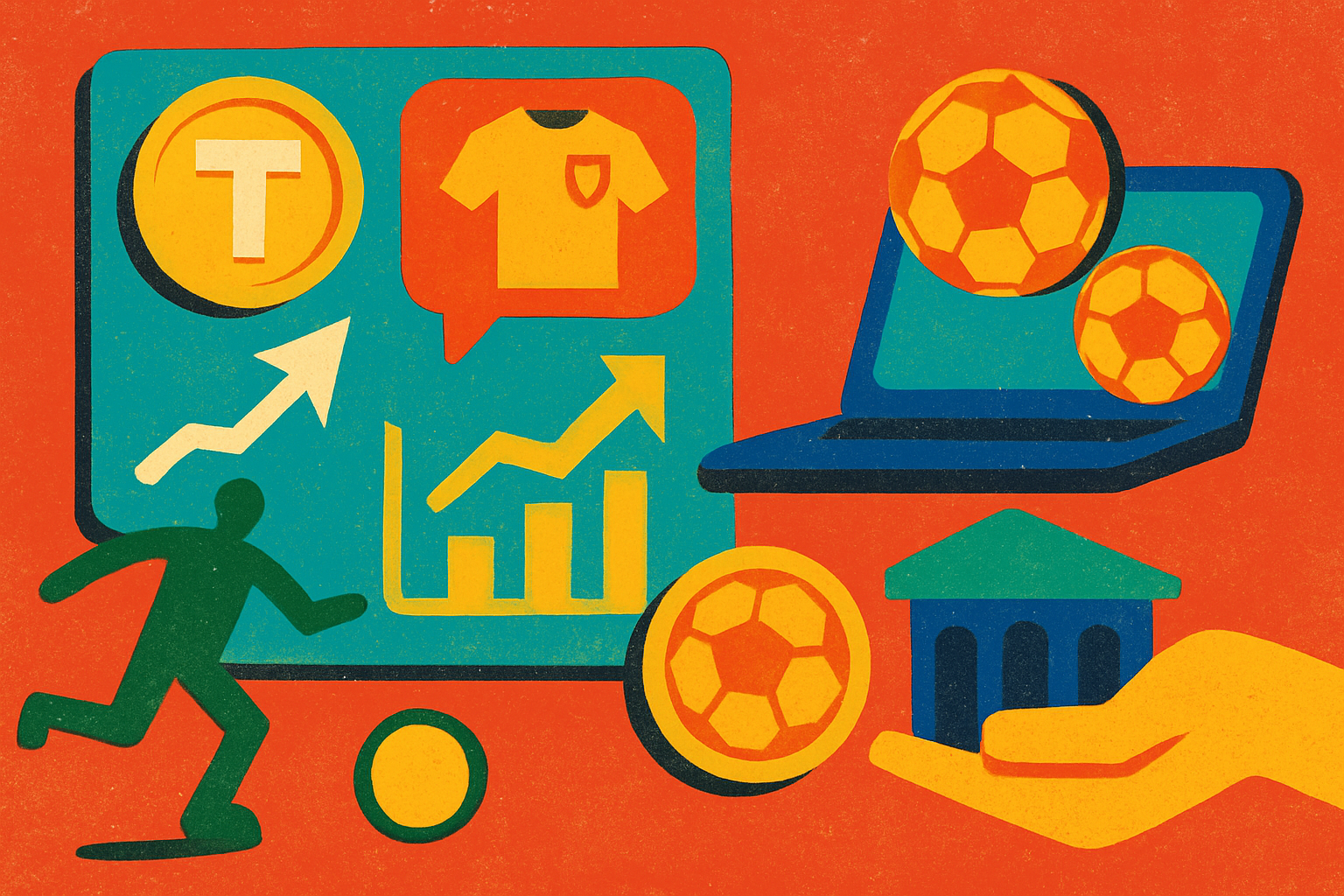
Football fan tokens are rapidly shifting from speculative digital assets to powerful engines for real-world club innovation. As of October 2025, with Chiliz (CHZ) trading at $0.0318, the landscape for fan tokens is maturing into something far more substantive than a passing crypto trend. Clubs are leveraging these blockchain-based tokens not just to drive engagement, but to fund meaningful projects and invite supporters into the heart of club decision-making. The result is a new paradigm where fans are no longer passive spectators, but active contributors with tangible influence over their club’s future.
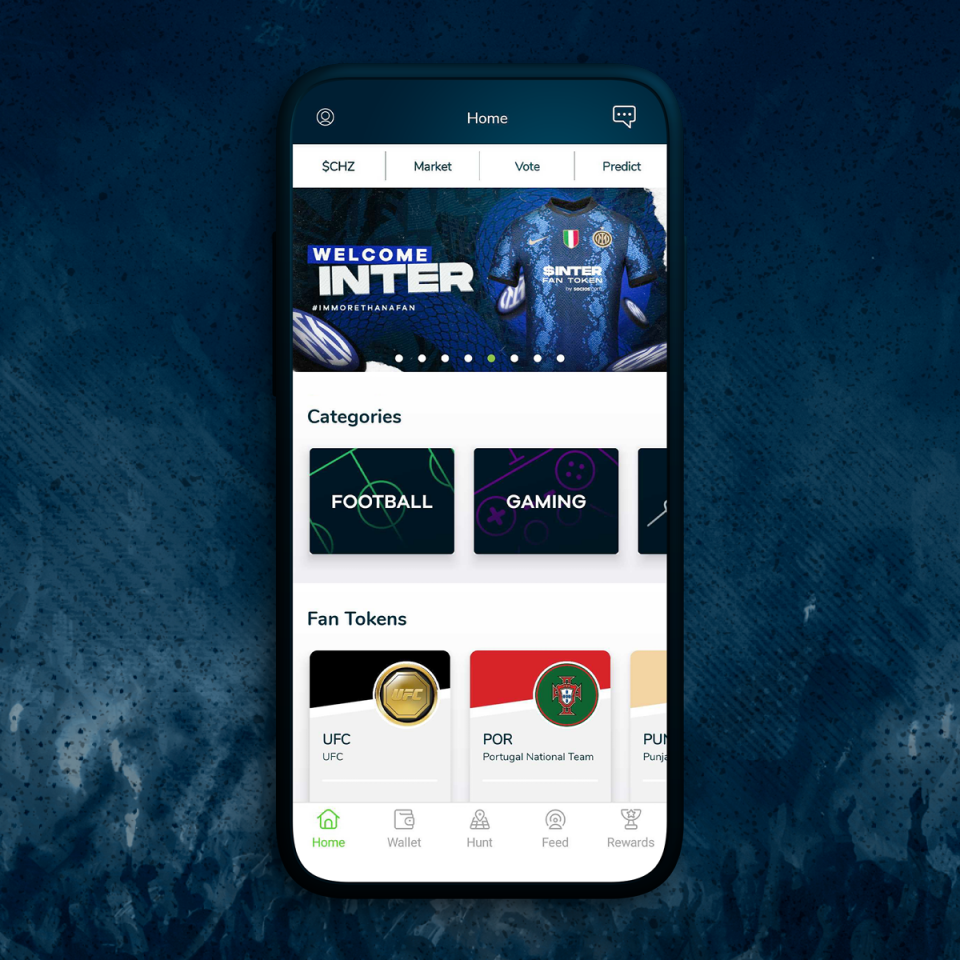
Club Funding with Fan Tokens: Beyond the Hype
Historically, football clubs have relied on ticket sales, broadcasting rights, and sponsorships to fund operations and growth. Now, fan tokens football club projects are opening an innovative revenue stream. By purchasing tokens, fans directly inject capital into clubs, which is then earmarked for initiatives as varied as upgrading training facilities, launching youth academies, or supporting local community programs. This model is not theoretical – it’s already being put into practice by some of Europe’s biggest names.
Take FC Barcelona’s $BAR token. Token holders have voted on everything from locker-room messages to exclusive kit designs, but the real strategic shift lies in how these tokens enable community funding. The funds raised from token sales are ring-fenced for projects chosen by both the club and its supporters, creating a feedback loop of engagement and impact. Similarly, Paris Saint-Germain’s $PSG token holders have influenced in-stadium music choices and gained access to VIP experiences, all while contributing to the club’s resource pool for new ventures.
From Locker Room Messages to Real-World Impact
The utility of football fan tokens now extends well beyond digital polls or virtual rewards. Clubs like Galatasaray have let token holders select team line-ups for friendly matches, while Juventus fans have chosen the design of the team bus. But the most compelling evolution is in community-driven funding. The capital raised through fan token sales is increasingly allocated to projects with real-world visibility – from refurbishing stadium sections to launching environmental initiatives in the club’s local area.
This is not just a marketing gimmick. According to recent studies, funds generated from fan tokens can significantly bolster a club’s financial resources, enabling investments that might otherwise be delayed or shelved. The transparency of blockchain ensures that fans can track how their contributions are being used, fostering trust and deepening their sense of ownership. For a deeper dive into how these mechanisms function and empower fans, see how blockchain is changing fan engagement.
Tokenized Engagement: A New Era for Supporters
What distinguishes fan tokens from traditional forms of support is the tokenized football fan engagement they enable. These digital assets offer more than a badge of loyalty – they are a passport to participation in club governance and project development. Fans move from being mere content consumers to active contributors in their club’s journey. This dynamic is transforming how supporters signal their identity, interact with their teams, and shape the football experience itself.
At a time when the relationship between clubs and supporters is under scrutiny, fan tokens offer a path to more democratic, transparent, and impactful engagement. The ability to vote on projects or initiatives – whether it’s a new training pitch or a local charity partnership – gives fans a stake in outcomes that matter. For many, this is the ultimate evolution of fandom in the digital age.
As the ecosystem matures, the line between supporter and stakeholder continues to blur. Clubs are not just selling a product; they’re inviting fans into a participatory model that reshapes the economics and culture of football. This shift is especially visible in projects where token holders directly decide on the allocation of newly raised funds, making the process both transparent and meritocratic. The blockchain ensures every vote and transaction is verifiable, which is a marked departure from the opaque club governance of the past.
Five Real Football Club Projects Powered by Fan Tokens
-
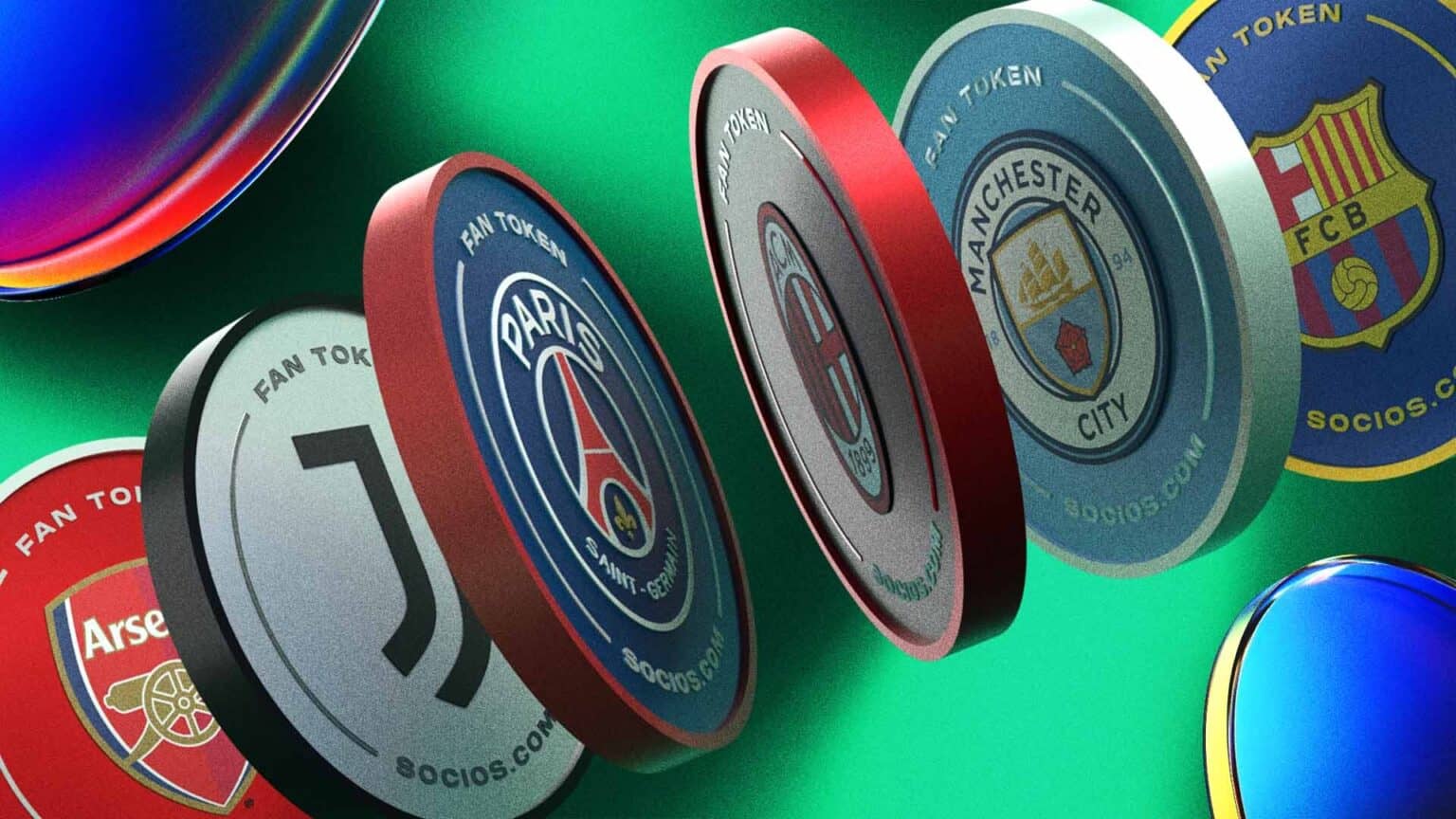
FC Barcelona: Locker Room Messages Chosen by $BAR Token HoldersIn a groundbreaking initiative, FC Barcelona allowed $BAR fan token holders to vote on motivational messages displayed in the team’s locker room at Camp Nou. This direct influence gave fans a unique voice in the club’s matchday environment.
-
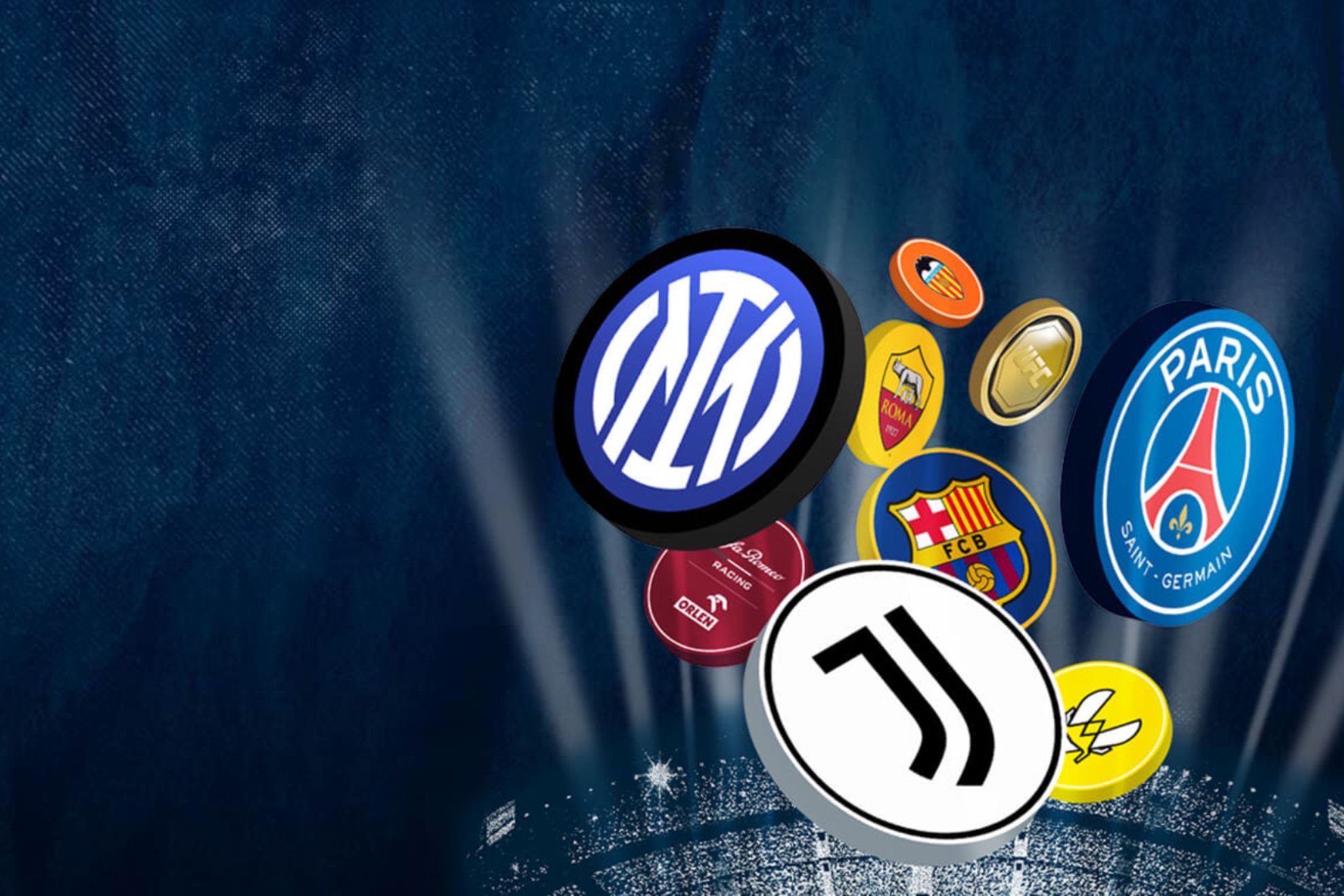
Paris Saint-Germain: In-Stadium Music Selection via $PSG TokensParis Saint-Germain engaged $PSG fan token holders by letting them select the goal celebration and warm-up music played at Parc des Princes, deepening the connection between supporters and matchday experiences.
-
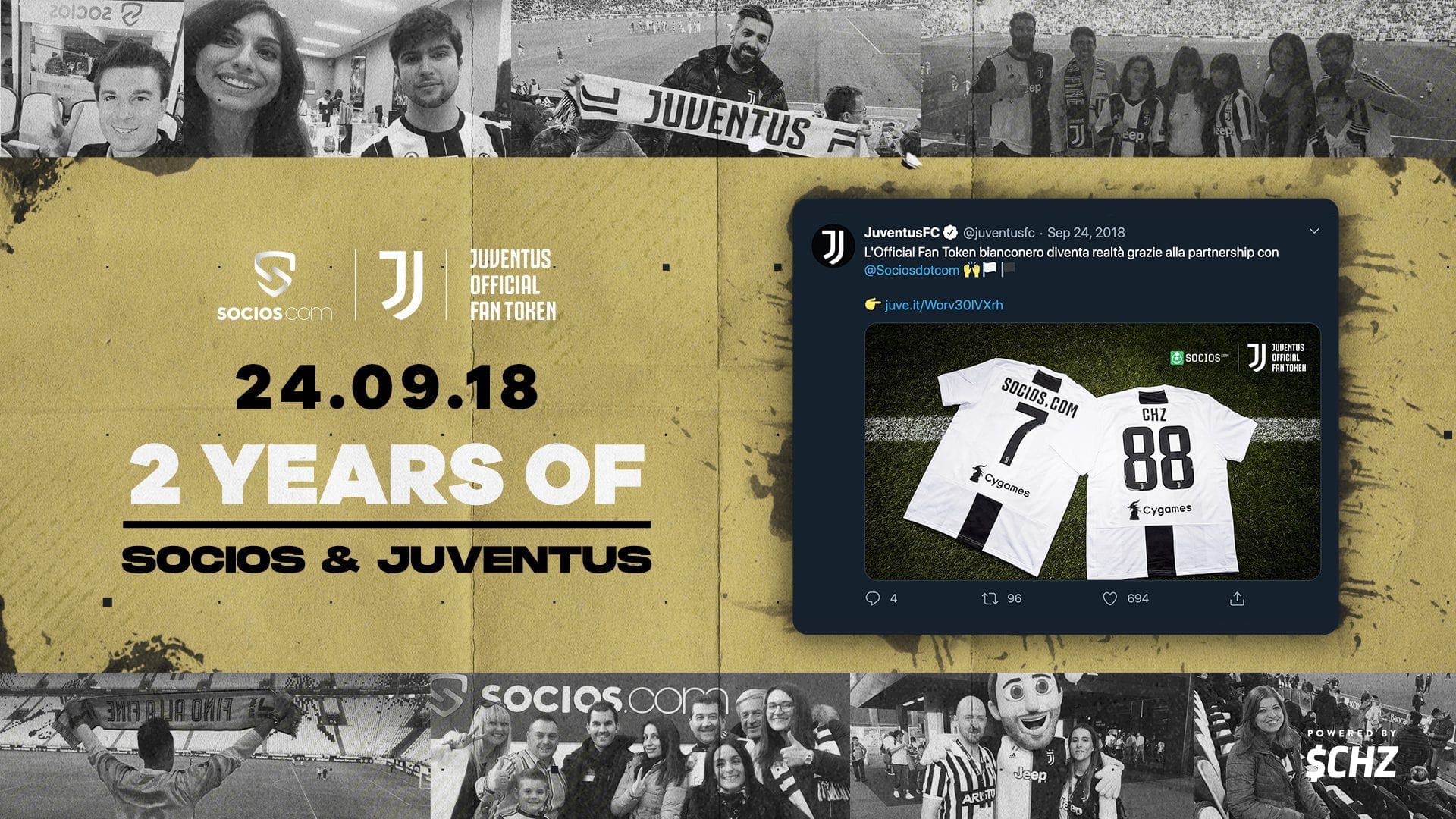
Juventus: Team Bus Design Voted by $JUV Token HoldersJuventus FC empowered its $JUV token community to choose the official design for the team’s bus, making fan input visible on the streets and at every away match.
-
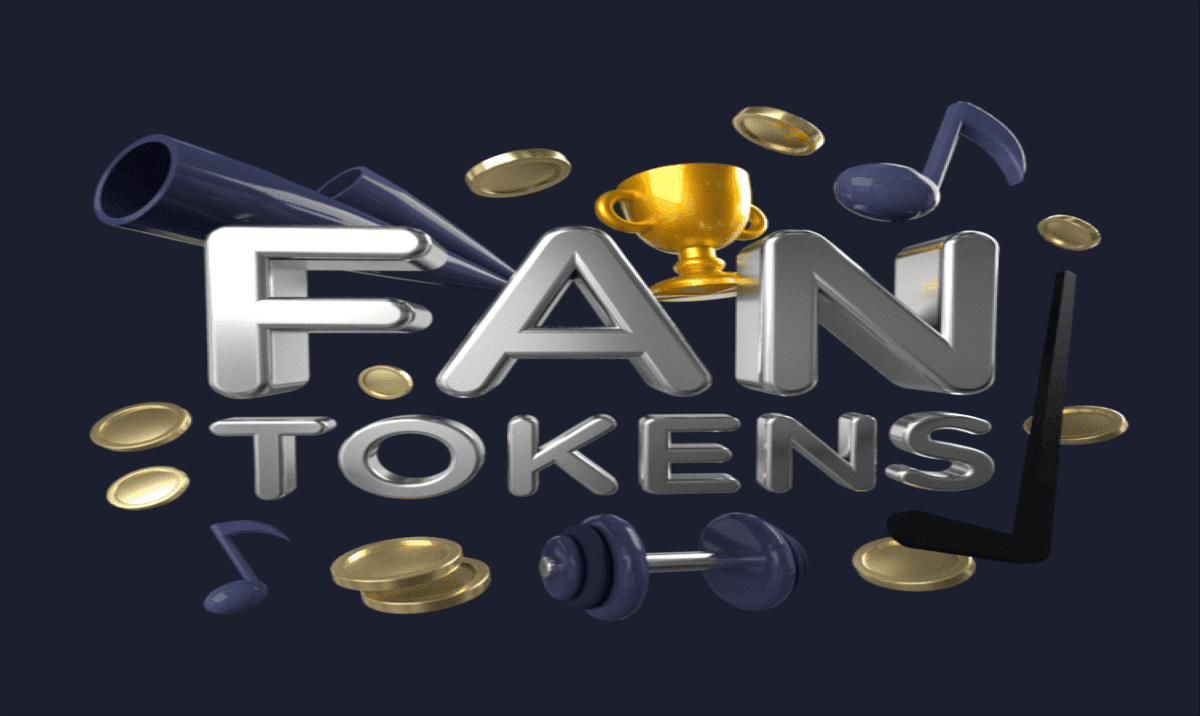
Galatasaray: Squad Number Selection by $GAL Token HoldersGalatasaray S.K. made headlines by letting $GAL fan token holders vote on the squad number for a new signing, demonstrating the real impact of tokenized fan engagement on club operations.
-

Atlético de Madrid: Training Facility Upgrades Funded by $ATM TokensThrough the sale and engagement of $ATM fan tokens, Atlético de Madrid raised funds to invest in upgrades to their training facilities, showcasing how tokenized communities can directly support club development.
Consider the recent market context: with Chiliz (CHZ) at $0.0318, the infrastructure for fan tokens is affordable and accessible. This price point has fueled broader adoption, allowing even mid-tier clubs to launch their own tokens and tap into global supporter bases. The result is a more level playing field, where clubs outside the traditional elite can unlock new capital for grassroots programs, stadium upgrades, or sustainability drives. The democratization of funding is changing the competitive landscape of football itself.
Social media channels are alive with stories of clubs announcing new initiatives directly funded by fan token holders. These announcements not only generate excitement but also foster accountability, as fans can see the tangible results of their collective action. The psychological impact on supporters shouldn’t be underestimated: owning a stake in a club’s development creates a deeper, more personal connection than passive viewership ever could.
Yet, the evolution isn’t without challenges. Clubs must strike a careful balance between meaningful fan participation and maintaining professional autonomy over core sporting decisions. The most successful projects so far have been those which channel fan input into areas that enhance the supporter experience or community benefit, rather than direct sporting performance. This ensures that engagement remains positive and constructive, rather than divisive.
For those looking to understand the full scope of this transformation, it’s worth exploring how fan token utility is evolving across Europe’s major leagues. The shift is not just about digital collectibles or speculative trading, but about building a new social contract between clubs and their global communities. The future of club funding, and indeed of football culture, is being written in real time by those who hold and use these tokens.
Ultimately, the rise of club funding with fan tokens is a case study in how blockchain can drive real-world change in traditional industries. It’s a strategic resource, not just a marketing tool. As more clubs and fans embrace this model, expect to see even greater innovation in how football’s most passionate supporters shape the future of the game – one token, and one project, at a time.
